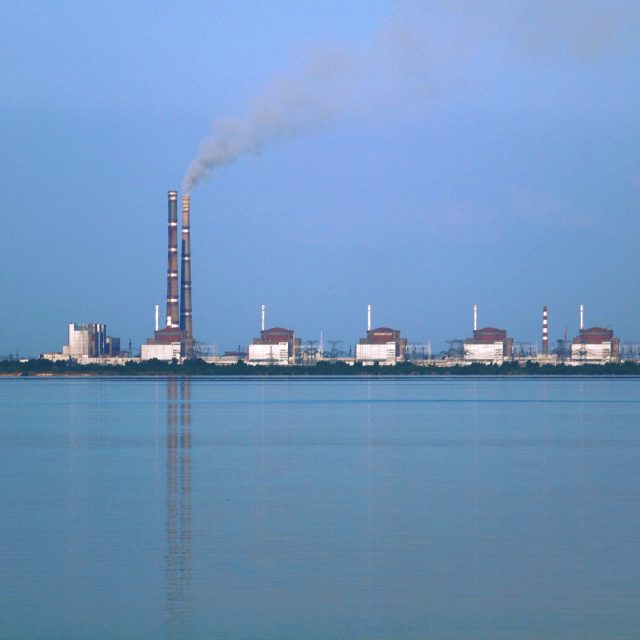Presenting their Report on “The European Power sector in 2019” today at the Brussels Press Club, the Berlin based consultancy “Agora” together with the UK-based climate think-tank “Sandbag” highlighted that the EU electricity sector emitted 12% less CO2 in 2019 than in the previous year.
Renewables in electricity production in the EU rose to 35%, as Europe transitions rapidly away from coal fired power last year. But the picture was different in Eastern Europe, where Bulgaria, Romania, Poland and the Czech Republic still have not yet developed plans to achieve emission reductions.
Whilst the findings of the report provide an encouraging snapshot of the collapse in the use of coal and lignite to generate power in Western Europe, and the increased use of gas fired power and renewable energy, the study falls short of proposing any strategic solutions.
Yet, to the East of the EU, Ukraine has surplus installed nuclear power generation capacity to increase their export of emission free electricity to the EU’s Eastern Member States, should these countries have any serious political motivation to tackle the closure of their coal and lignite thermal power plants.
To the South of the EU, Morocco is proving to be an excellent partner for the EU as it rapidly develops its renewables sector. The country is already helping Portugal, Spain and others with their transition to clean green energy through the shared network interconnection across the straits of Gibraltar with submarine power cables.
I am left with the impression that the EU’s New Green Deal has the strategic potential to punch above its weight and reach far beyond the EU’s boundaries in promoting a global transition to an even greater reduction in the use of coal, and an acceleration in the take-up of renewables. What is needed is to build on the excellent analysis so far, and develop greater ambition and a political consensus to implement the determined strategic climate action that Europe’s citizens are calling for.




